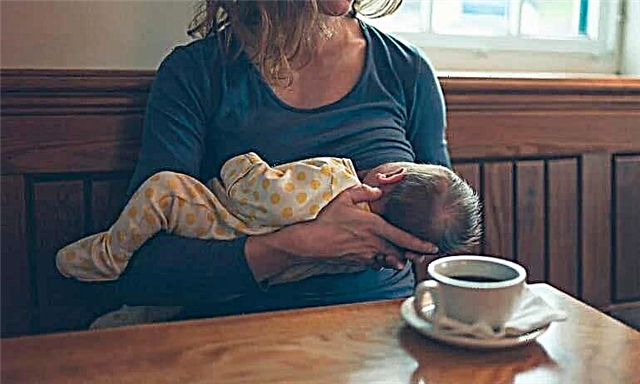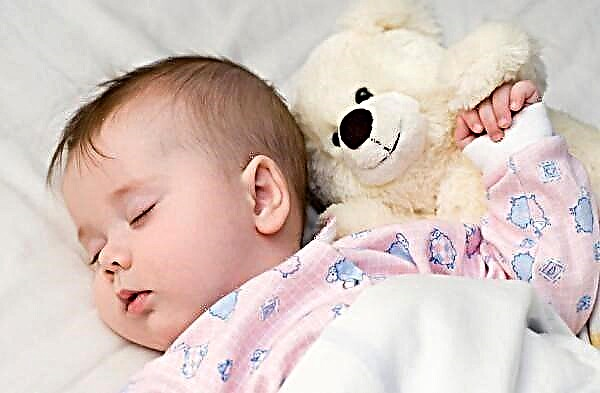Coffee is the drink that starts the morning for many people. The desire to cheer up is more important than ever for a young mother who has a day ahead of her in caring for her baby. However, drinking coffee while breastfeeding is always questionable. Nutrition is believed to be the best diet for a nursing mom, and coffee is usually off the list of allowed foods.

How caffeine affects the baby
Why do young mothers try not to drink coffee? This is mainly due to prejudices regarding caffeine, which is part of the aromatic invigorating drink. Moms are afraid that caffeine will have a negative effect on their baby. The most popular "horror story" - the child will become nervous, restless, sleep poorly and develop with a lag.
In fact, caffeine is not really good for an infant, but for a different reason: the infant's body is unable to assimilate and excrete it. Accumulating in the baby's body, caffeine can indeed have a harmful effect, but this is possible only with regular consumption of coffee in decent quantities.
Otherwise, a nursing mom may not be afraid of caffeine. In addition to coffee, it is also found in other products: chocolate of any kind, cocoa, black and green tea. By the way, green tea contains more caffeine than coffee, and, nevertheless, breastfeeding is not a reason to refuse it.
Like any new product, coffee can provoke an allergic reaction in a baby. It is necessary to monitor the appearance of the reaction in the first hours after feeding with “coffee” milk.
How to choose coffee for a nursing mother
Of course, coffee for a nursing mother should only be natural, preferably brewed from freshly ground beans. But drinking instant coffee is not recommended. This coffee is made from the lowest grade beans, contains a lot of caffeine and undergoes chemical processing. Allergies and dangerous consequences in this case are more likely than after a cup of natural drink.
The so-called decaffeinated coffee... The very formulation of the name of the drink is deceiving: there can be no decaf coffee. In fact, this is coffee with a low caffeine content, that is, it will still not work to completely exclude the ingress of caffeine into the body of the crumbs. In terms of the degree of harm, such coffee is akin to instant coffee, since it also undergoes chemical processing.
Coffee when breastfeeding - the main rules

If a young mother does not say a decisive "no" to coffee, it will not be superfluous to take into account some rules, the implementation of which will help to minimize the consequences of "coffee" milk for the baby.
- Drink only your own coffee made from beans.
- To reduce the caffeine content in the drink, you can not brew coffee, but pour boiling water over it and let it brew.
- Coffee is safe when consumed in moderation. For example, one cup every few days, well, or once a day.
- If you drink coffee, it is better to do it in the morning, and in relation to feedings - immediately after feeding, so that by the next application the concentration of caffeine in milk is already lower.
- When drinking coffee, cut back on other caffeinated foods.
- Be sure to increase your intake of foods containing calcium (cheese, cottage cheese, kefir). Nursing mothers always suffer from a lack of calcium, and coffee additionally contributes to its excretion from the body.
- Remember to drink an extra cup of clean water for every cup of coffee you drink: caffeine is dehydrating and it is very important for a nursing mother to maintain fluid balance.
Ditching coffee altogether or ignoring warnings are extremes. The best option, as usual, is somewhere in the middle. Even a nursing mother can treat herself to her favorite drink without harm to her baby.
We read more about the nutrition of a nursing mother:
- List of foods on the menu of a nursing mother (what you can eat)
- And what not to eat (and what is generally contraindicated during the hepatitis B period)



